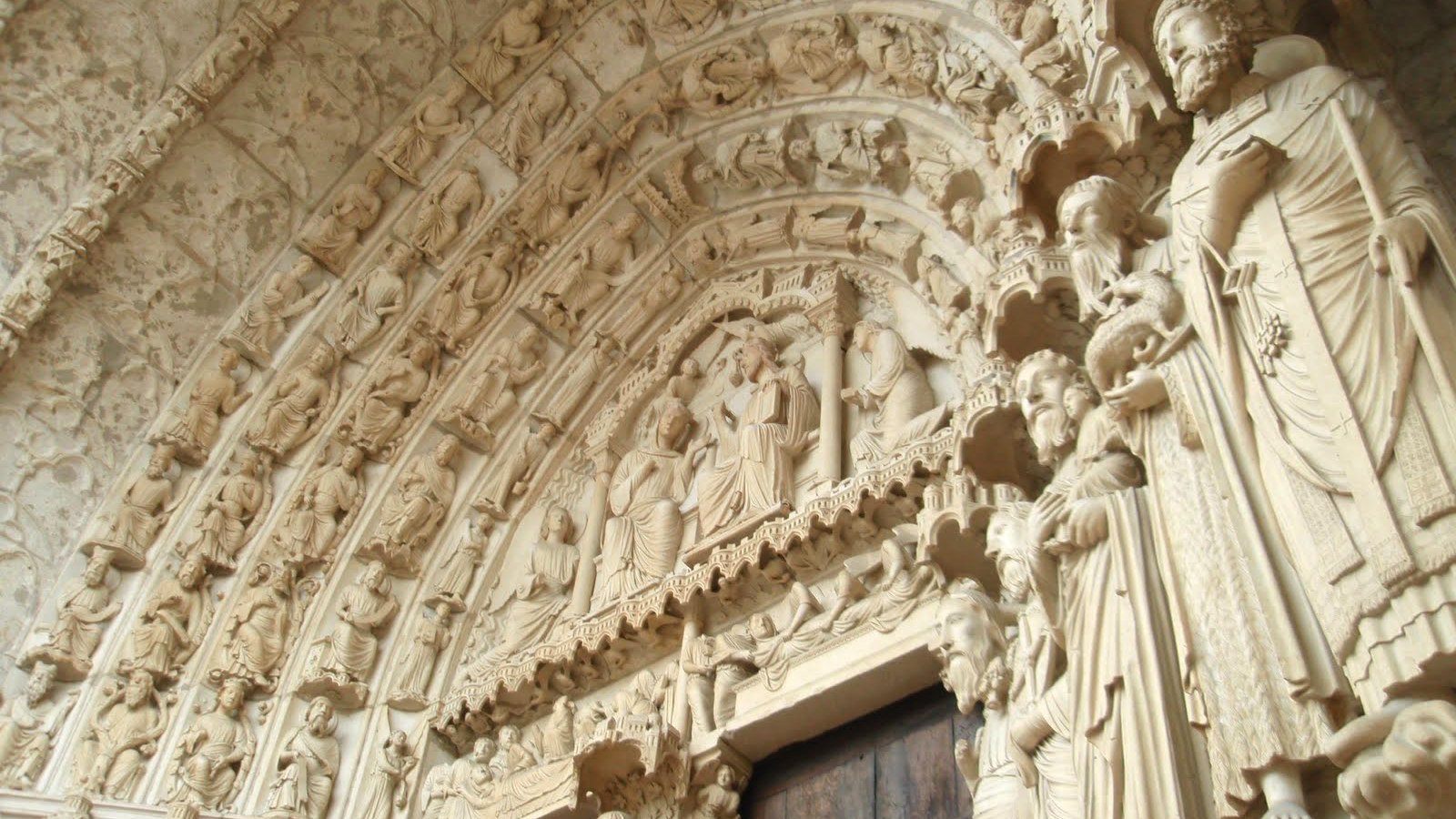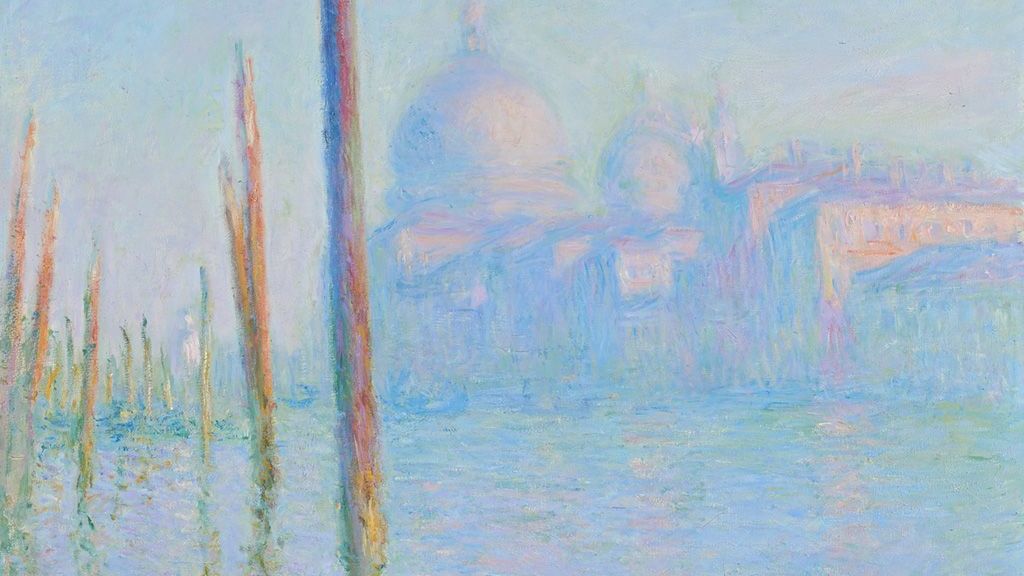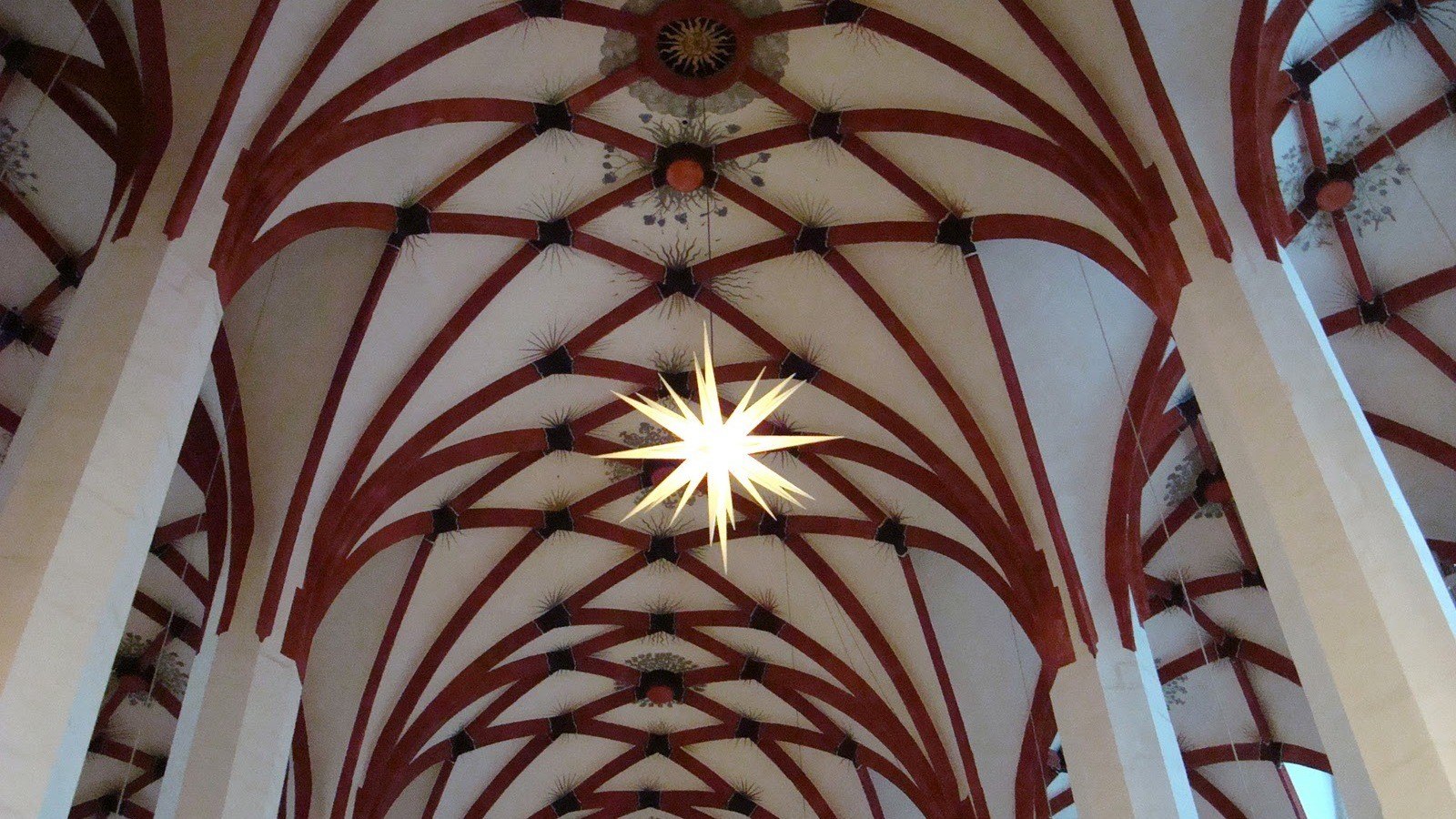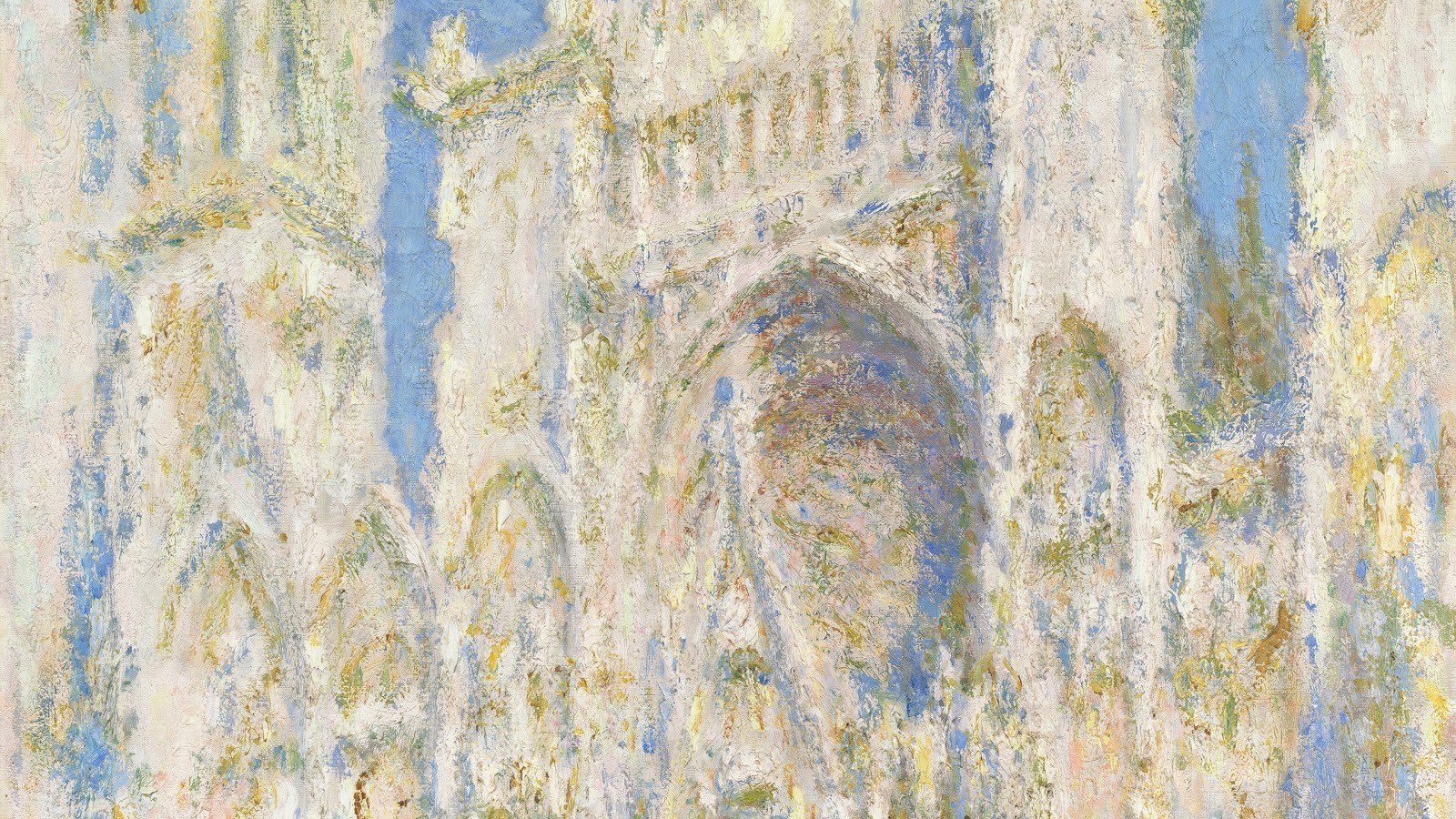Arvo Pärt’s “The Beatitudes”: Meditative Minimalism
“Time has a deep meaning, but it is temporary, like our lives. Only eternity is timeless.” -Arvo Pärt Sound, silence, and time are mystical properties in the music of the Estonian composer, Arvo Pärt (b. 1935). Pärt’s early music inhabited the complex, twelve-tone world of twentieth century modernism. Then, in the late 1960s, he entered eight years of compositional silence, creating little more than musical fragments jotted in a notebook. When Pärt began …







